-
Chapter 3: WEST ASIA
Introduction
Saudi Arabia, Yemen, Oman, Iran, Iraq, Syria, Jordan, Lebanon, Israel, turkey, Bahrain, Qatar are countries. Arabian peninsula is the largest in the world. In the eastern parts there is salt desert, western parts there is sandy desert.
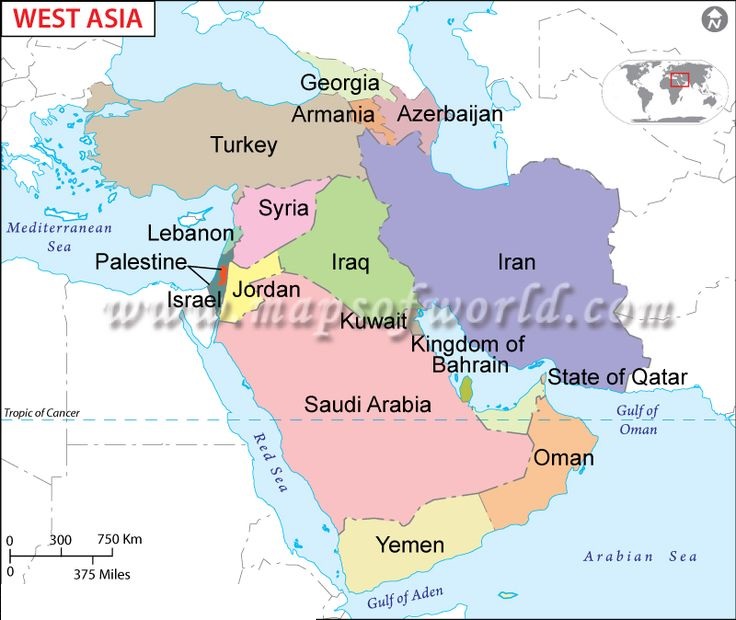
Tigris
and
Euphrates are lifelines of Iraq. Jordan river forms boundary
between Israel and Jordan. But its a shallow, meandering river
which cant be used for navigation.
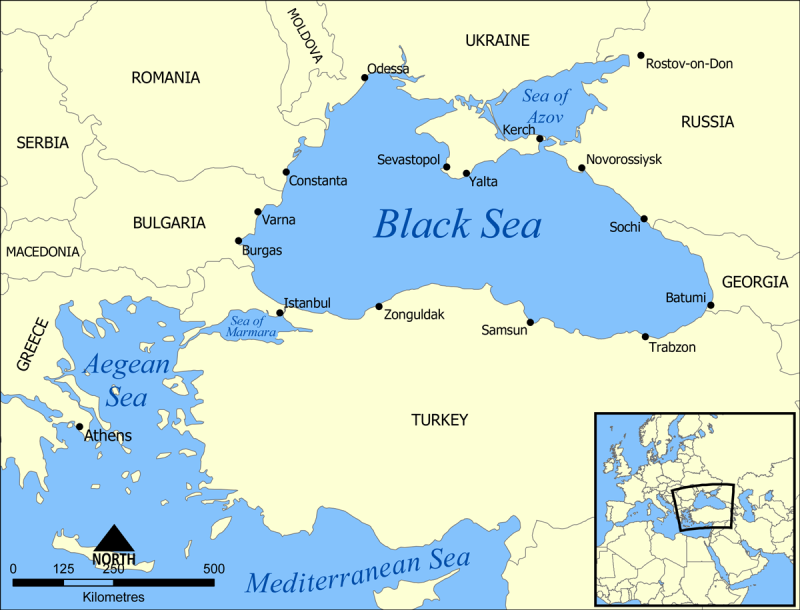
Fig 1a: Bosphorus strait between Turkey and Europe
Strait
of
Hormuz is between Iran and UAE connects Persian gulf with Gulf
of Oman and then Arabian sea.
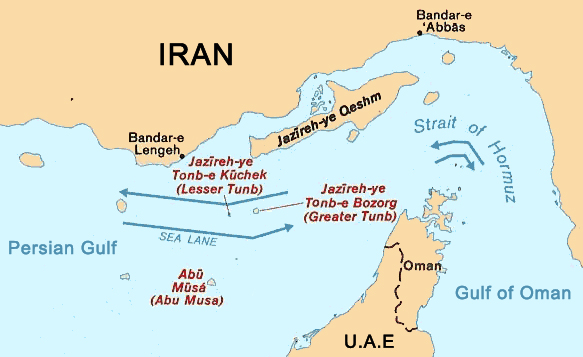
Fig 2: Strait of Hormuz
Gulf
of
Aqaba connects red sea with Israel, gulf of Suez connects red
sea with Mediterranean sea.
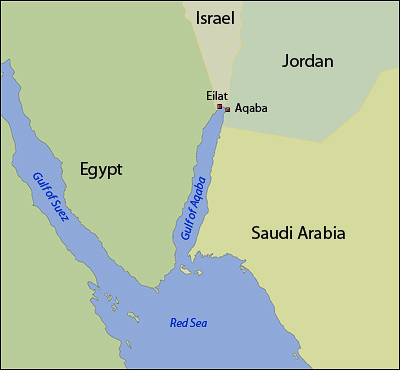
Fig 2: Gulf of Aqaba and Suez
Countries on the western part have Mediterranean climate and on eastern part have tropical climate.
More than ½ of World's oil reserve and 40% of worlds natural gas reserve is found here. India's has top sources of crude oil are Saudi Arabia and then Iraq. Top natural gas sources are Qatar and Egypt.
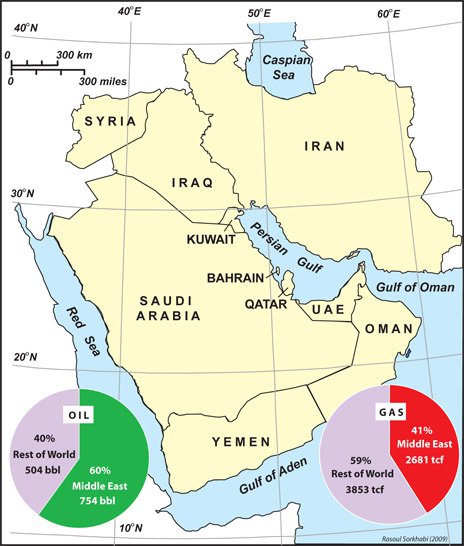
Fig 3: Oil, Natural Gas in Middle east and World
Solved Question Papers
Q.Which one of the following countries of South-West Asia does not open out to the Mediterranean Sea? (UPSC CSAT 2015)
Syria
Jordan
Lebanon
Israel
Ans . B
Q.The area known as ‘Golan Heights’ sometimes appears in the news in the context of the events related to: (UPSC CSAT 2015)
Central Asia
Middle East
South-East Asia
Central Africa
Ans . B
Q.Turkey is located between (UPSC CSAT 2014)
Black Sea and Caspian Sea
Black Sea and Mediterranean Sea
Gulf of Suez and Mediterranean Sea
Gulf of Aqaba and Dead Sea
Ans . B
Chapter Review
Score more than 80% marks and move ahead else stay back and read again!